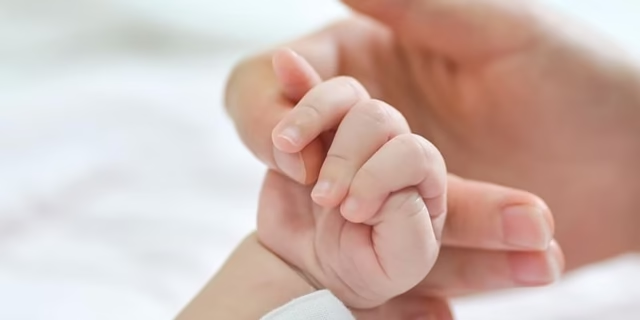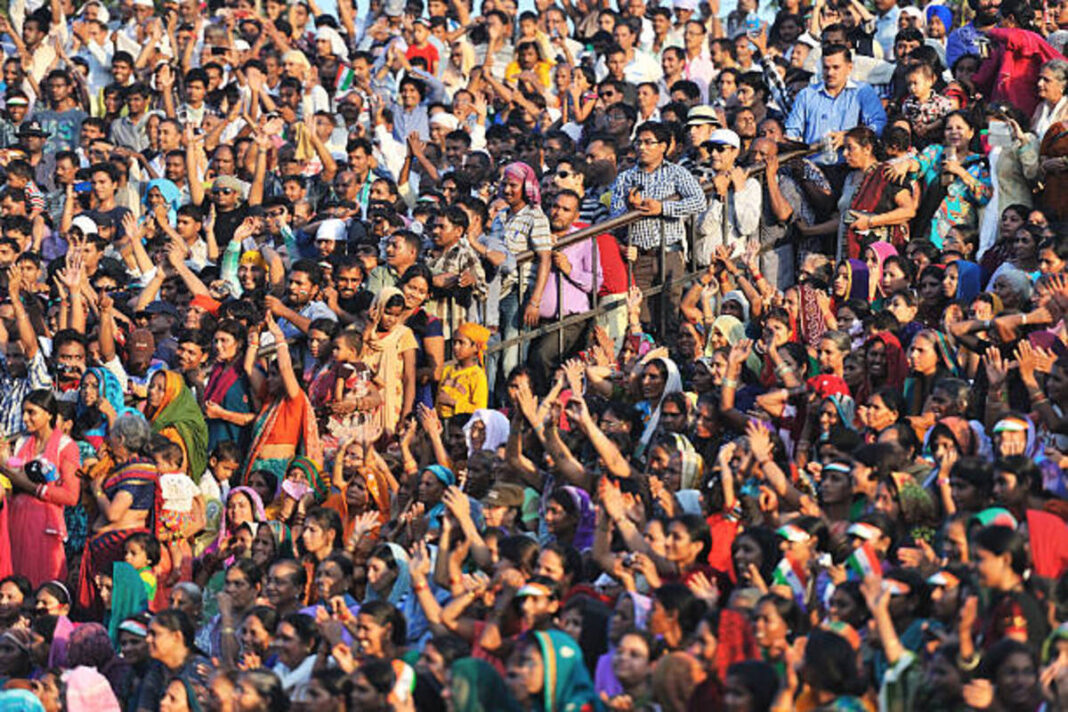Surveys suggest that women aged 23–30 years still depend on unreliable sources for crucial reproductive information.
Mumbai: More than 50% of the Gen Z women want fertility checks as part of their routine health tests, a survey has found. Gen Z (Generation Z) refers to persons born between 1997 and 2012.
A nationwide survey was conducted by Bengaluru based Motherhood Hospitals and Pune-based Nova IVF Fertility, taking inputs from over 200 women aged 23 to 30 years across metros and tier-I cities. It sheds light on perceptions of fertility, timelines and reproductive health among young professionals.

Just like their financial health, members of Gen Z are looking at a more planned approach to parenthood, and 40% of the respondents plan to start trying for pregnancy between 28 and 32 years, it said.
Around 25% of women mostly asked about fertility timelines and pregnancy, highlighting age as a key parameter to fertility.
Rise in PCOS and Obesity
According to the survey, there is a rise in Polycystic Ovary Syndrome (PCOS) and obesity, including a rising trend in delayed marriage and parenthood. “The survey also suggests that 20% of women are diagnosed with conditions like PCOS, thyroid, and Endometriosis and are still not concerned about seeking medical help,” said Dr Sharvari Mundhe, consultant fertility specialist Motherhood Bengaluru of Hospitals.
Lifestyle also plays a very important role in fertility health, just like heart health, she said, adding that one needs to be aware of the lifestyle, which is not limited to consumption of processed foods, alcohol or smoking, it is also about following fad diets and consuming supplements without a prescription.
40% Gen Z Women Rely on Social Media for Fertility Advice
Despite rising education levels, awareness about fertility health among young Indian women remains worryingly low. Surveys suggest that women aged 23–30 years still depend on unreliable sources for crucial reproductive information.
- 41% rely on social media for fertility information, compared to 23% from friends, 14% from family, and 12% from TV/movies.
- 51% were unaware of Anti-Müllerian Hormone (AMH) levels, a key fertility marker.
- Only 18% had ever tested their AMH levels.
- 56% had heard of egg freezing but admitted they didn’t know enough about it.
- 40% plan pregnancy between 28–32 years, while another 29% prefer 33–36 years.
“There is a need for fertility awareness from a preventative care perspective. While egg freezing can be a viable option, awareness about when and why to consider it is still low,” Dr Mundhe added.
Low Fertility Literacy
An AIIMS Delhi survey of 205 women aged 20–30 years revealed:
- 85% did not know about ovulatory periods in the menstrual cycle.
- Only 8% considered age over 35 as a major infertility risk factor.
- 50% understood the need for assisted fertility treatments or donor eggs in advanced age.
- A striking 97% wrongly linked past use of contraceptive pills with infertility.
Dr Rashmi Niphadkar, fertility specialist at Nova IVF Fertility, said, “Gradually, there is awareness on age and fertility. Reports suggest that Indian women’s ovaries age six years faster compared to Caucasian women, and we are observing AMH decline in women in their late 20s and early 30s.”
Fertility decline is gradual, but the most significant drop occurs after 35 and by making fertility testing as routine as a preventive health check, young women can make informed reproductive.




